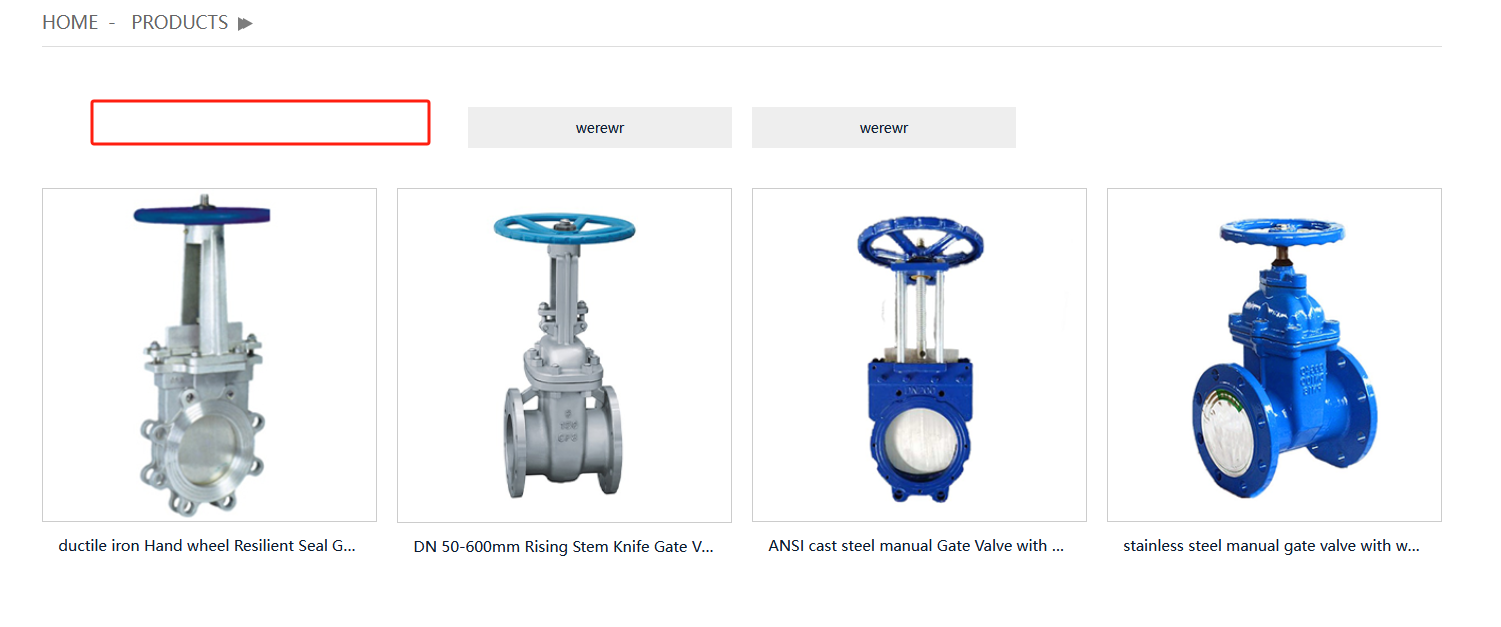Understanding Slip-On Plate Flanges and Their Applications in Piping Systems
Understanding Slip-On Plate Flanges Features, Benefits, and Applications
Slip-on plate flanges are a popular choice in various piping systems, particularly in industries requiring reliable connections. Their design and functionality make them suitable for different applications, providing a robust solution for joining pipes and fittings. This article explores the features, benefits, and typical uses of slip-on plate flanges.
What is a Slip-On Plate Flange?
A slip-on plate flange is a type of flange that is designed to slide over the end of a pipe before being welded in place. The flange typically has a flat face, allowing it to sit flush against the corresponding surface of another flange or fitting. Made from materials like carbon steel, stainless steel, or alloy steel, these flanges can withstand various pressure and temperature conditions, making them adaptable to different environments.
Key Features
1. Design and Construction Slip-on plate flanges have a simple design that includes a circular plate with a central hole. The hole's diameter is slightly larger than that of the pipe it will connect to, allowing for easy alignment and installation. The flange's edge is often bevelled, enabling a strong weld joint when attached to the pipe.
2. Welding Compatibility Once positioned, the flange is welded at both the inner and outer edges to secure it in place. This dual welding not only enhances the connection's durability but also helps prevent leaks, which is critical in high-pressure applications.
3. Versatility Slip-on flanges can be utilized in a wide range of systems, including water, oil, gas, and chemical pipelines. They can accommodate various pipe sizes and are available in different pressure ratings, making them suitable for both low and high-pressure systems.
Advantages
slip on plate flange

- Ease of Installation One of the most significant benefits of slip-on plate flanges is their ease of installation. Since they can simply be slipped over the pipe end, they require minimal preparation and can be quickly welded in place.
- Cost-Effective Slip-on flanges are generally less expensive than other flanges types, such as forged or weld neck flanges. Their straightforward design contributes to lower manufacturing costs, making them an economical choice for many applications.
- Reduced Stress Concentration The design of slip-on flanges allows for a more uniform stress distribution, reducing the risk of material failure. This characteristic is particularly integral in systems operating under fluctuating pressures.
- Maintenance-Friendly In case of maintenance or replacement, slip-on flanges can be easily removed and changed without significant alterations to the piping system.
Applications
Slip-on plate flanges are widely used in various industries, including
- Oil and Gas They play a crucial role in connecting pipes and equipment in oil and gas extraction and transportation. - Water Treatment Facilities These flanges are commonly used in water treatment processes, ensuring secure connections in piping systems. - Chemical Processing In chemical plants, slip-on flanges are utilized for their ability to withstand corrosive substances.
Conclusion
In conclusion, slip-on plate flanges offer a reliable and cost-effective solution for piping systems requiring secure and strong connections. Their ease of installation, versatility, and ability to accommodate different pressure ratings make them a preferred choice across various industries. Whether in oil and gas, water treatment, or chemical processing, the adoption of slip-on plate flanges continues to grow, underscoring their importance in modern engineering and construction.
-
The Key to Fluid Control: Exploring the Advantages of Ball Valves in Industrial SystemsNewsJul.09,2025
-
The Versatile World of 1, 2, and 3 Piece Ball ValvesNewsJul.09,2025
-
Stainless Steel Ball Valves: The Ideal Choice for Efficient Flow ControlNewsJul.09,2025
-
Optimizing Fluid Control with Ball Float ValvesNewsJul.09,2025
-
Manual Gate Valves: Essential for Control and EfficiencyNewsJul.09,2025
-
Everything You Need to Know About Butterfly ValvesNewsJul.09,2025
-
The Versatility of Wafer Type Butterfly ValvesNewsJul.08,2025




